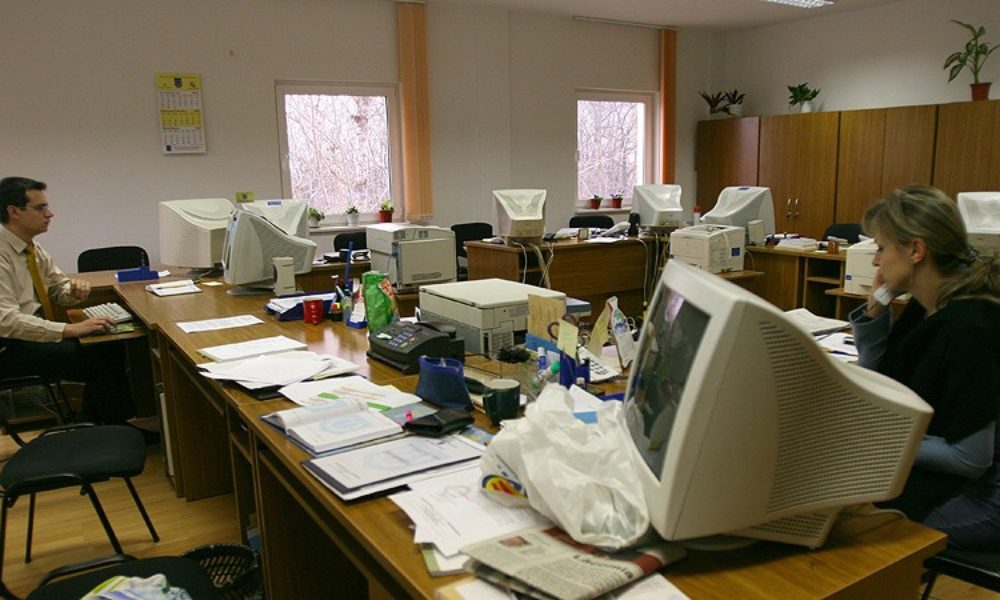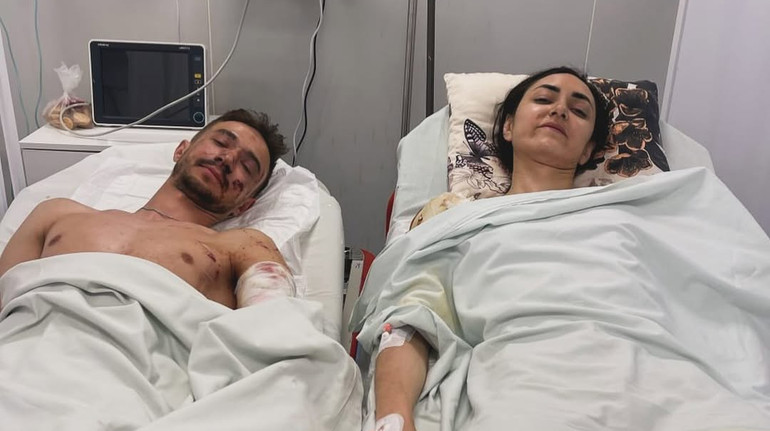Sponsored content – fair trade, for a chosen and affordable healthy diet

In order to stop the productivist race inherited from the post-war period, the fair trade model is an alternative. It supports modest size farms within collective structures, for the marketing of their products. Together, they mutualize the means and cooperate with partner companies. This movement which benefited producers in southern countries for coffee, chocolate or even bananas, is now developing with French producers. There 2014 Social and Solidarity Economy Act specifies the main principles.
Today, the dominant model seeks to maximize volumes and profits, often for the benefit of actors in a position of strength. This concentration of economic power allows some to impose an offer and prices, to the detriment in particular of producers. Result: an unbalanced system, where value creation is unevenly distributed.
This system marked by a race at low prices creates an illusion of efficiency but actually generates immense social, sanitary and environmental costs, valued at 19.1 billion euros according to theStudy on value creation and societal costs of the French food system Directed by Le Basic firm published in November 2024.
Concentration of economic actors in the various links in the French food system in 2021
The study highlights three main types of costs:
- A social cost: many farmers are struggling to live from their work and exercise in precarious and degraded conditions. The necessary support for their standard of living is supported by the community;
- A health cost: diseases linked to an unbalanced diet explode. This is the case of type 2 diabetes, which today affects more than 4 million people in France. The rise of ultra-transformed products-which represent 55 % of our diet-largely contributes to this silent epidemic;
- An environmental cost: The productivist model is based on the excessive use of pesticides and synthetic fertilizers, with important effects for ecosystems. Costs, for example, depollution of water accumulate.
Thus, we actually pay our diet three times:
- At the cash register of our supermarkets;
- Via taxes;
- Through the health and environmental costs that this system generates.
Distribution of the cost of the negative impacts of the French food system, covered by public spending in 2021, up to 19 billion euros
The fair trade is based on a balanced relationship between the actors of the agricultural sectors: producers, processors and distributors engage in a long -term partnership. Thanks to a common vision and reciprocal confidence, the margins are moderate and the phenomena of speculation absent. Also, products that are both good for health and the environment, especially organic, can be accessible.
The labeled sectors Bio fair in France concretize this model. The relationships between the actors of the production chain are built on cooperation, transparency and a just distribution of value. Seasonal fruits and vegetables, legumes and bulk cereals, pasta, honey or fruit purees, from Fair trade origin France are examples of very qualitative, accessible products. These alternatives allow everyone to benefit from nutritionally rich foods while promoting just and lasting agriculture.
The bio and equitable sectors share a base of values that meet the current issues:
- A production respectful of the cycles during the living, which preserves the fertility of the soil, protects biodiversity and excludes synthetic chemicals;
- A guaranteed remunerative price for producers, defined collectively and in all transparency, which allows everyone to live with dignity of their work;
- Minimal marketing expenses:
- Products with little packaging, weakly processed, of a preparation as simple as possible, which preserves the nutritional qualities as much as possible.
The organic agency barometer demonstrates that the consumption of organic products is not reserved for the wealthiest households. It is more linked to the level of education. In addition, the barometer highlights a strong representation of young people among organic followers: 9 % of 18-24 year olds say they consume it every day.
This dynamic demonstrates the appetite of many consumers for quality food and at affordable prices. It is still necessary to inform them enough about the current food and agricultural issues. Fair trade origin France reflects this ambition since one of its assertive missions recalled by law is to participate in » awareness and education actions to socially and ecologically sustainable production and consumption methods. »»
According to the study of the cabinet Le Basic cited above, the so-called “differentiated” chains (as opposed to the dominant agro-industrial model) now represent only 8 % of the value of food sales. But they prove that it is possible and are growing. According to The France Equitable Commerce Barometerfair trade has increased from a turnover of € 500 million in 2014 to more than 2MDS in 2025.
Since its creation in 2020, the fair organic label in France has continued to progress. In 2024, sales reached 162 million euros Or 30 % growth in one year. This success is based on more than 800 products labeled present in organic and GMS stores. Among the most promising sectors, meats, cold meats, dairy products and fruits and vegetables.
Tour converges to plead in favor of a deep change in our production system and therefore consumption. We must take into account the hidden cost of food and imagine a new food contract for food. A contract thanks to which farmers live decently, our diet contributes to our good health, and the environment is preserved.
For that, Consumers have a key role to play. By supporting fair and organic fields, they can become the triggers of a wider change.








